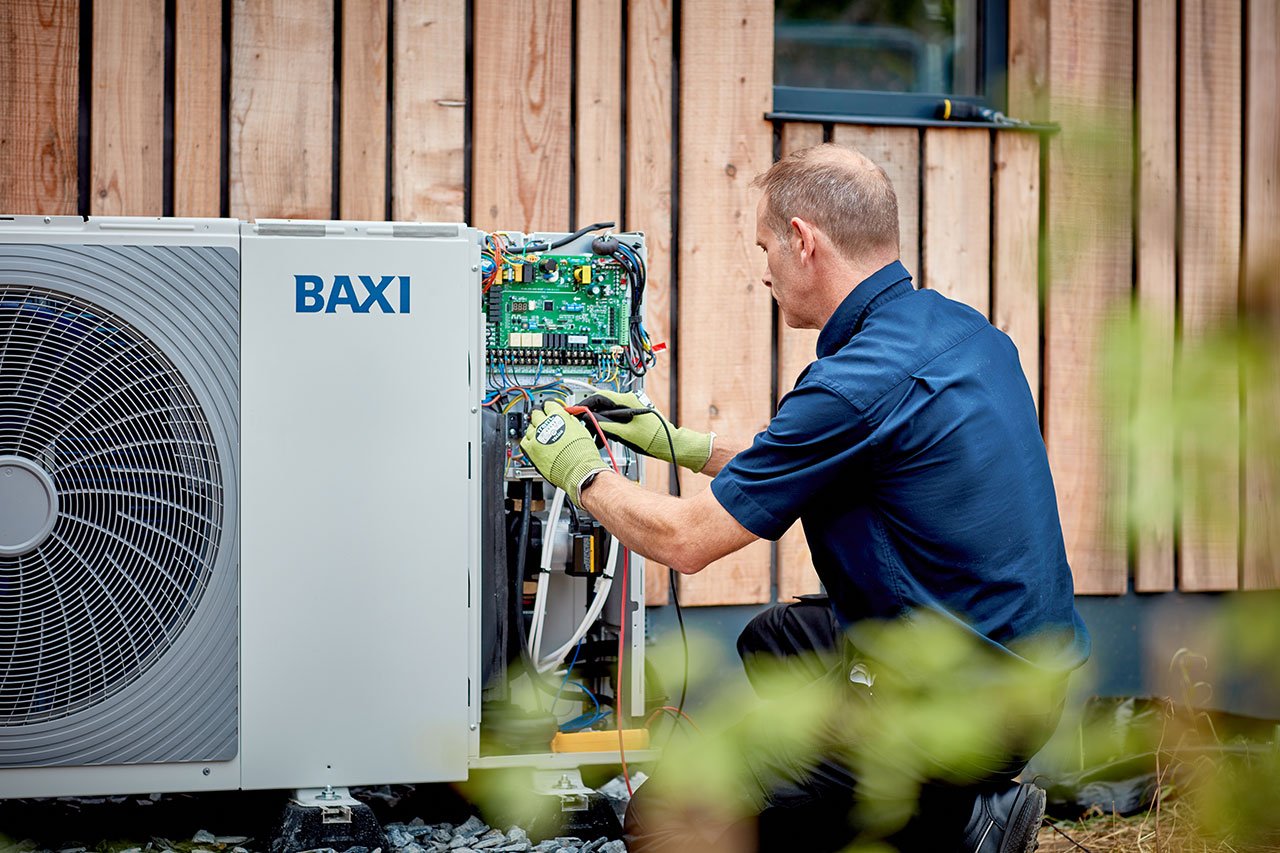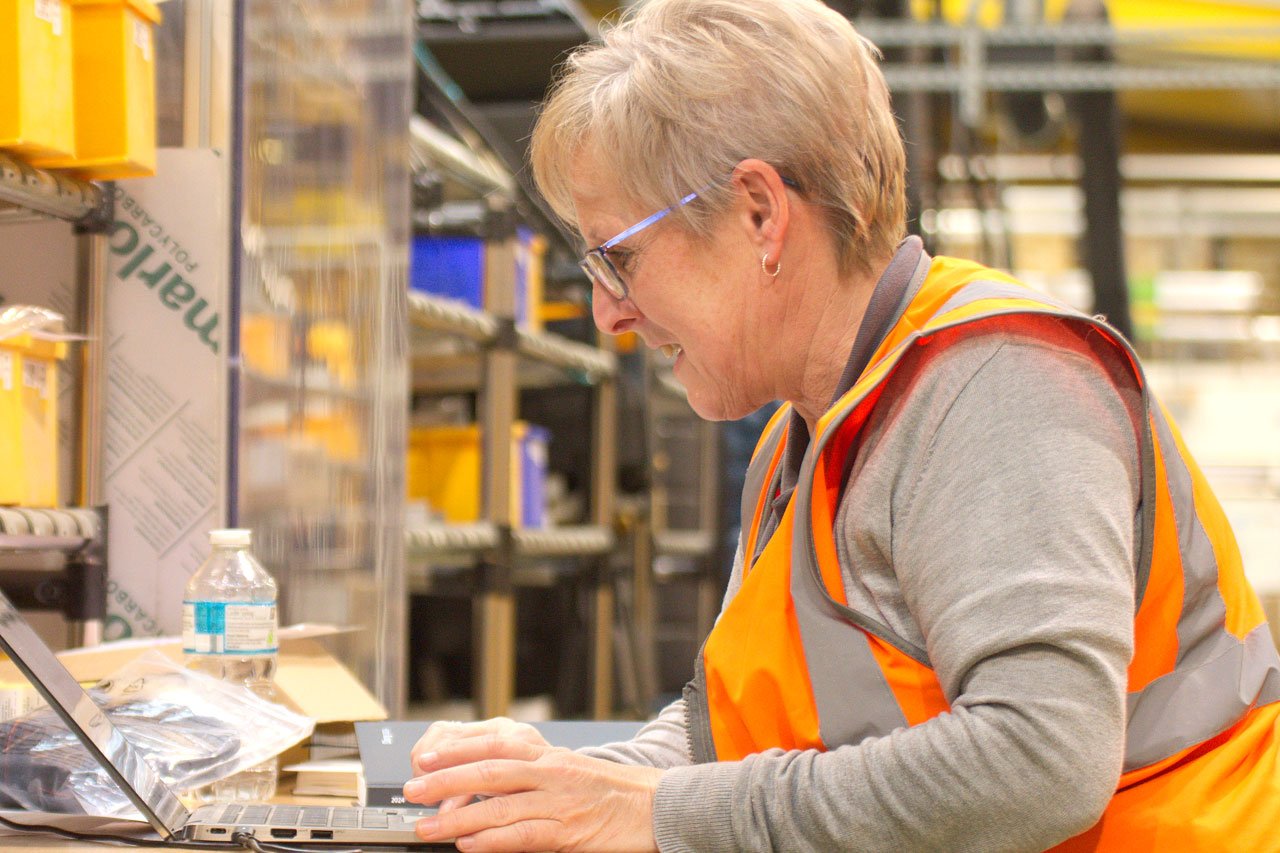Established in Preston, Lancashire, over 160 years ago, Baxi has grown to become one of the UK’s best-known and most respected brands in the heating and hot water industry.
Every one of our 1,200-strong team is united behind one goal: to meet our customers' evolving comfort needs and make a positive difference in the transition to greener, cleaner energy solutions.
Collaboration and creativity are at the heart of everything we do. Everyone at Baxi is encouraged to think outside the box, empowered to use their initiative, and supported to be the best they can be.
Our portfolio includes some of the most respected brands in the heating and hot water industry.
As part of the global BDR Thermea Group, we have access to some of the best research and development facilities in the industry.
Our ambition is to ensure every one of our customers, residential and
commercial, get the best solution for their needs – whatever the application or technology.
Together we can make smart, sustainable comfort solutions accessible to
everyone.













